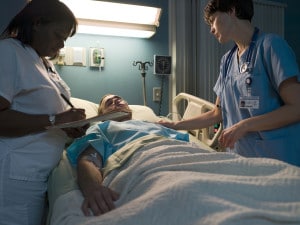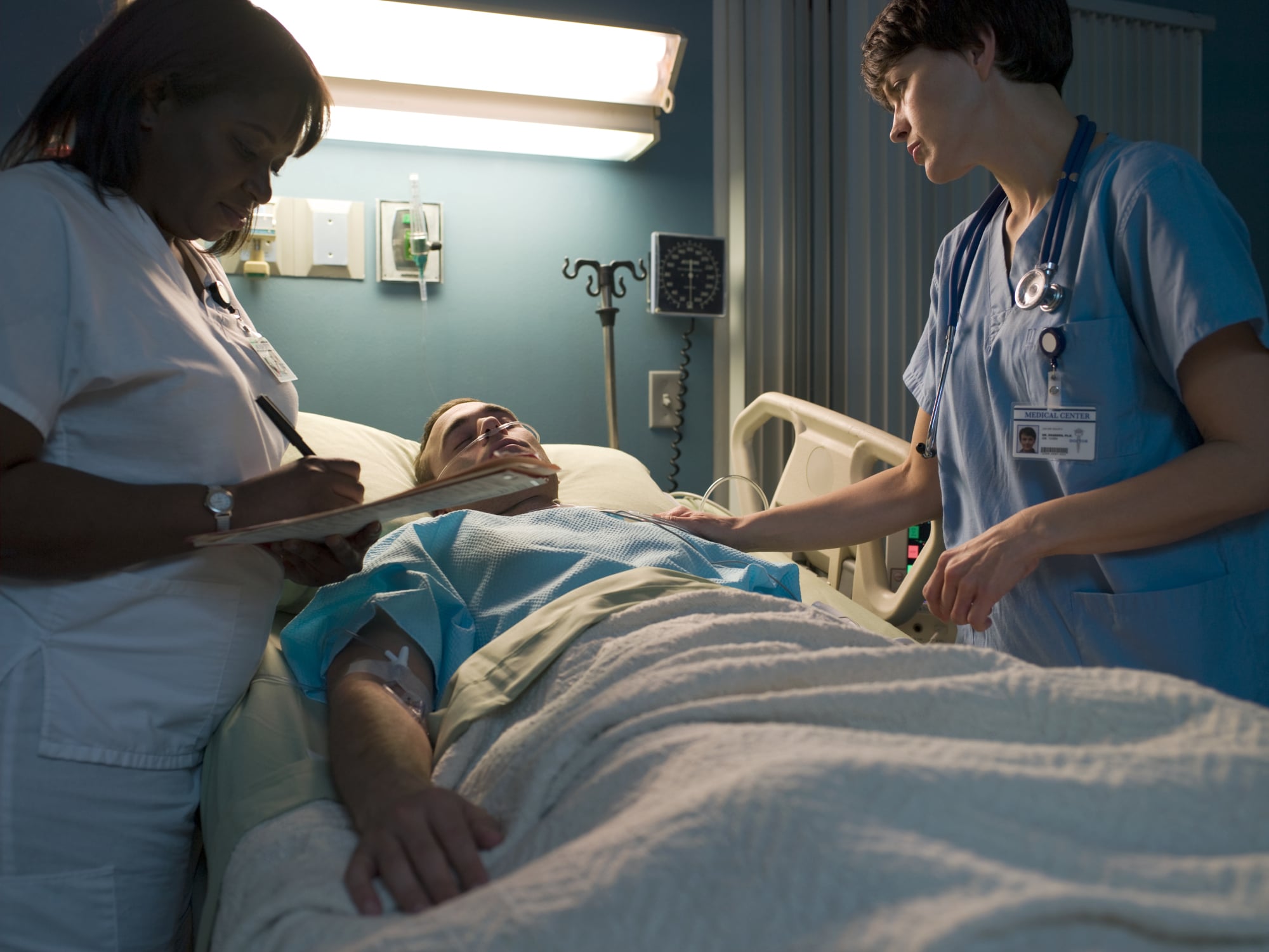 Science is looking to offer new hope for people that have experienced a traumatic brain injury in the form of neuroprosthetics. Like many advancements in the civilian sector, this one was born out of a military need. The US Defense Advanced Research Projects Agency (DARPA) has chosen two universities to lead its Restoring Active Memory (RAM) program. The goal is to develop implantable, wireless brain prostheses that can overcome memory problems resulting from disease or a traumatic brain injury (TBI).
Science is looking to offer new hope for people that have experienced a traumatic brain injury in the form of neuroprosthetics. Like many advancements in the civilian sector, this one was born out of a military need. The US Defense Advanced Research Projects Agency (DARPA) has chosen two universities to lead its Restoring Active Memory (RAM) program. The goal is to develop implantable, wireless brain prostheses that can overcome memory problems resulting from disease or a traumatic brain injury (TBI).
The Need for Neuroprosthetics
Neuroprosthetics are being developed with injured soldiers in mind but will eventually transition into the civilian sector to benefit all injured patients. There are many technologies that have started through military projects and were later adapted for use by civilians. Neuroprosthetics appear to be a logical step in medical advancement.
DARPA officials state that these devices should help declarative memory, which is the branch of memory that governs the ability to recall basic information like places, times, and events. The device is meant to help bridge gaps of dysfunction in the patients’ brains to facilitate correct functioning despite the trauma they have suffered. DARPA expects development and testing for neuroprosthetics to move forward through the next four years leading into clinical trials of the devices. In the United States, traumatic brain injury is a serious disability. Nearly 270,000 veterans have been diagnosed since 2000 and estimates put the civilian numbers at around 1.7 million people a year. Many of these victims are choosing to file traumatic brain injury lawsuits in the hopes of receiving compensation if their TBI was the result of someone else’s negligence or wrongdoing.
A reversal in TBI memory degradation will be a great gain to the people it affects. TBIs drastically reduce memory function and often hinder a person’s ability to form new memories. This makes it extremely difficult for them to live a typical life and function in the workforce. Wireless neuroprosthetics should facilitate a quality of life closer to what neurotypical people experience.
Legal Ramifications of a TBI
For many people, sustaining a TBI means not being able to live life, work, or pursue goals that they once did. A person that suffers a TBI may be in recovery for months or longer as they strive to regain normal functionality. A TBI that was the result of an accident may have created liability for the responsible party. The victim should seek legal advice to see if there are grounds for a lawsuit.
A traumatic brain injury is going to have a tremendous impact on the victim’s life. Will they be able to go back to their former job? Will they retain full functionality? How long will it take to recover? Will they go bankrupt trying to keep up with their medical bills? What will the future hold? And more importantly, how is that person and their family supposed to handle all these questions while their loved one is in recovery? Seeking legal counsel from Attorney Group can help to answer these important questions.
Seeking Legal Counsel After a Traumatic Brain Injury
If you or a loved one sustained a traumatic brain injury and you would like to know whether you are eligible to file a lawsuit, contact Attorney Group today for a free, no-obligation consultation. If you have a case, Attorney Group can connect you with an experienced attorney for representation. Call today to be informed of your legal options or for more information about neuroprosthetics.






